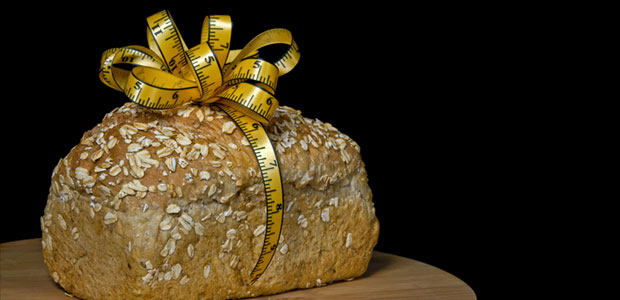Advertisement
The Skinny on Fibre and Weight Loss
Maintain a healthy weight with fibre supplements

When it comes to losing weight, people often focus on increasing their protein but forget all about fibre.
Fibre is naturally found in all plant foods. Its undigestible nature provides bulk and it’s what gives us that sense of physical fullness when we eat. Most whole foods contain a combination of the two kinds of fibre: soluble and insoluble.
Nature’s fibre friendship
Soluble fibre acts like a sponge, forming an aqueous cleansing gel to pull buildup through the system. Psyllium husk and pectin are examples of soluble fibre.
Insoluble fibre includes wheat bran and whole grain products. Insoluble fibre is the broom that sweeps food and waste through the body and away.
A recent review on dietary fibre noted that it benefits bowel function, gut health, immunity, and serum lipid (fat) levels. “Although early … products contained fibre from a single source,” the researchers wrote, “it is now thought that blends of fibre from multiple sources more closely resemble a regular diet and may provide a greater range of benefits.”
The Heart and Stroke Foundation recommends that adults get 21 to 38 grams of fibre a day. Unfortunately, most people only get 14 grams.
Blood sugar control
Fibre in foods slows digestion and prevents blood sugar from spiking drastically after eating. Fibre also improves insulin sensitivity, an important consideration for diabetics and diabetes prevention.
More than 9 million Canadians currently live with diabetes or prediabetes. Increasing consumption of vegetables, whole grains, and other sources of soluble and insoluble fibre, however, is associated with improved glucose (blood sugar) metabolism.
Fibre for weight maintenance
Eating a high-fibre breakfast has been shown to increase your sense of satiety (fullness) so you don’t eat as much. Increasing whole grains and dietary fibre reduces the risk of obesity, insulin resistance, diabetes, and overall inflammation in the body.
Other studies have shown increased fibre consumption to be associated with a leaner waist circumference. Obese people who eat more fibre may also be less likely to gain weight. In youth as well, a reduced fibre intake can result in an increase in fat stores.
Adding a fibre shake to your daily routine is a convenient way to get much-needed fibre. Flavoured powders contain a blend of soluble and insoluble fibre for complete benefits.
Make fibre a part of your weight loss regime and enjoy a tasty health enhancer.





